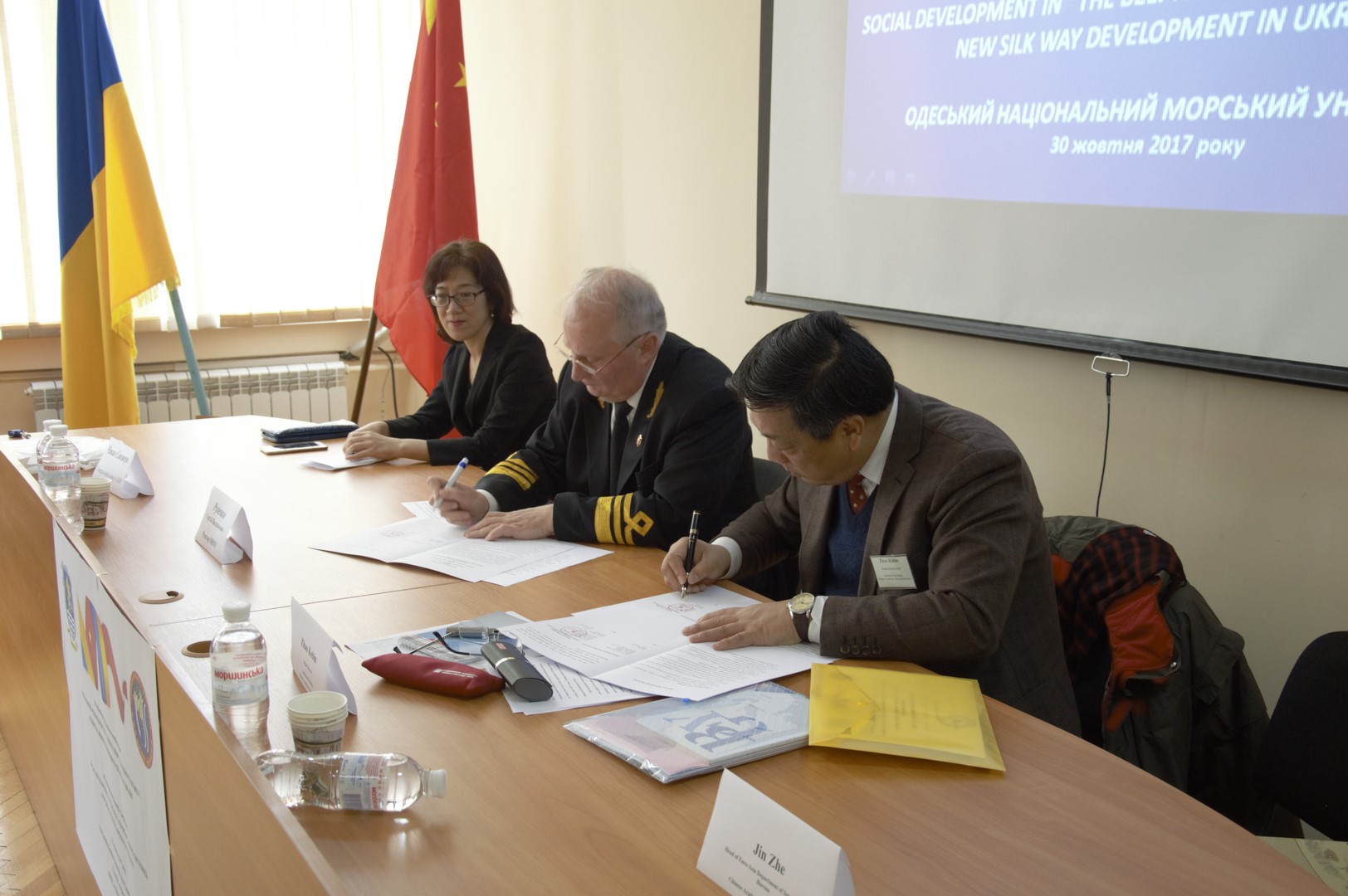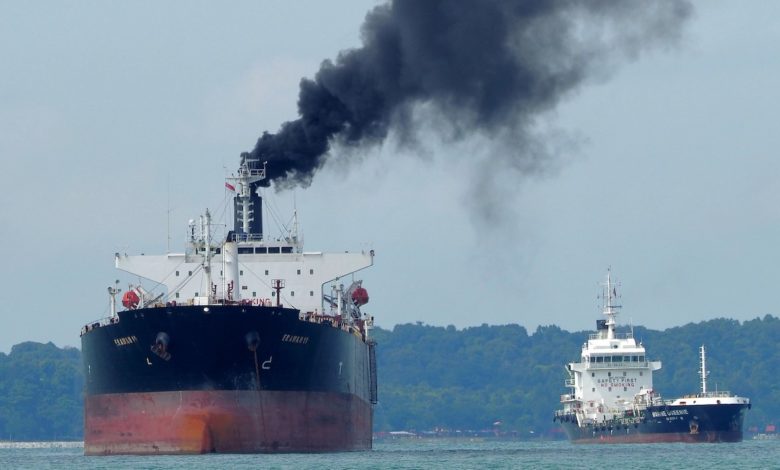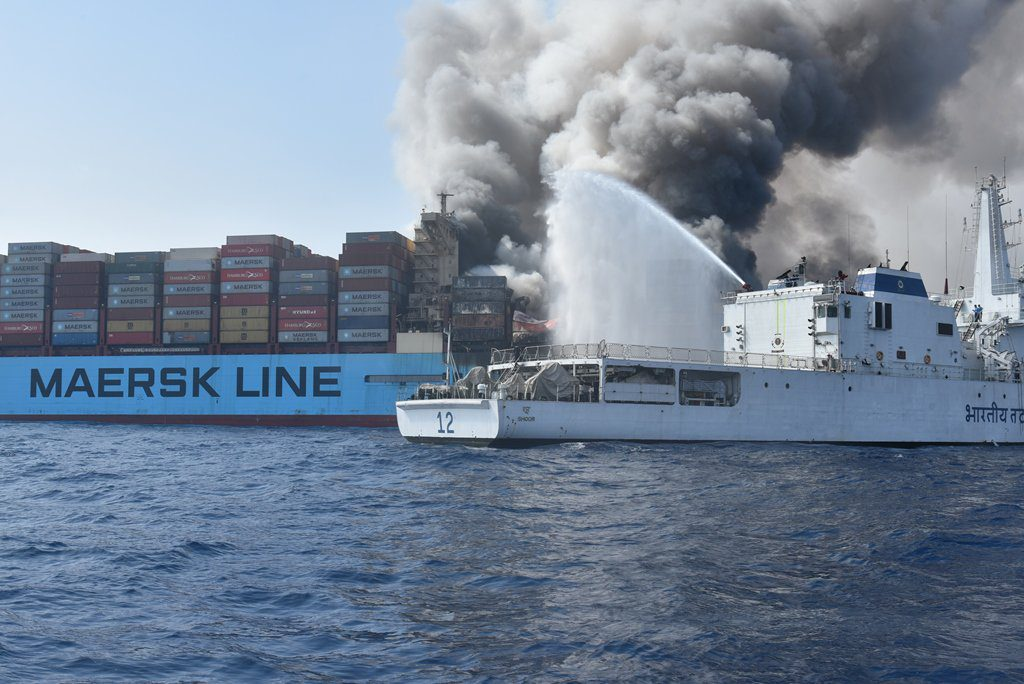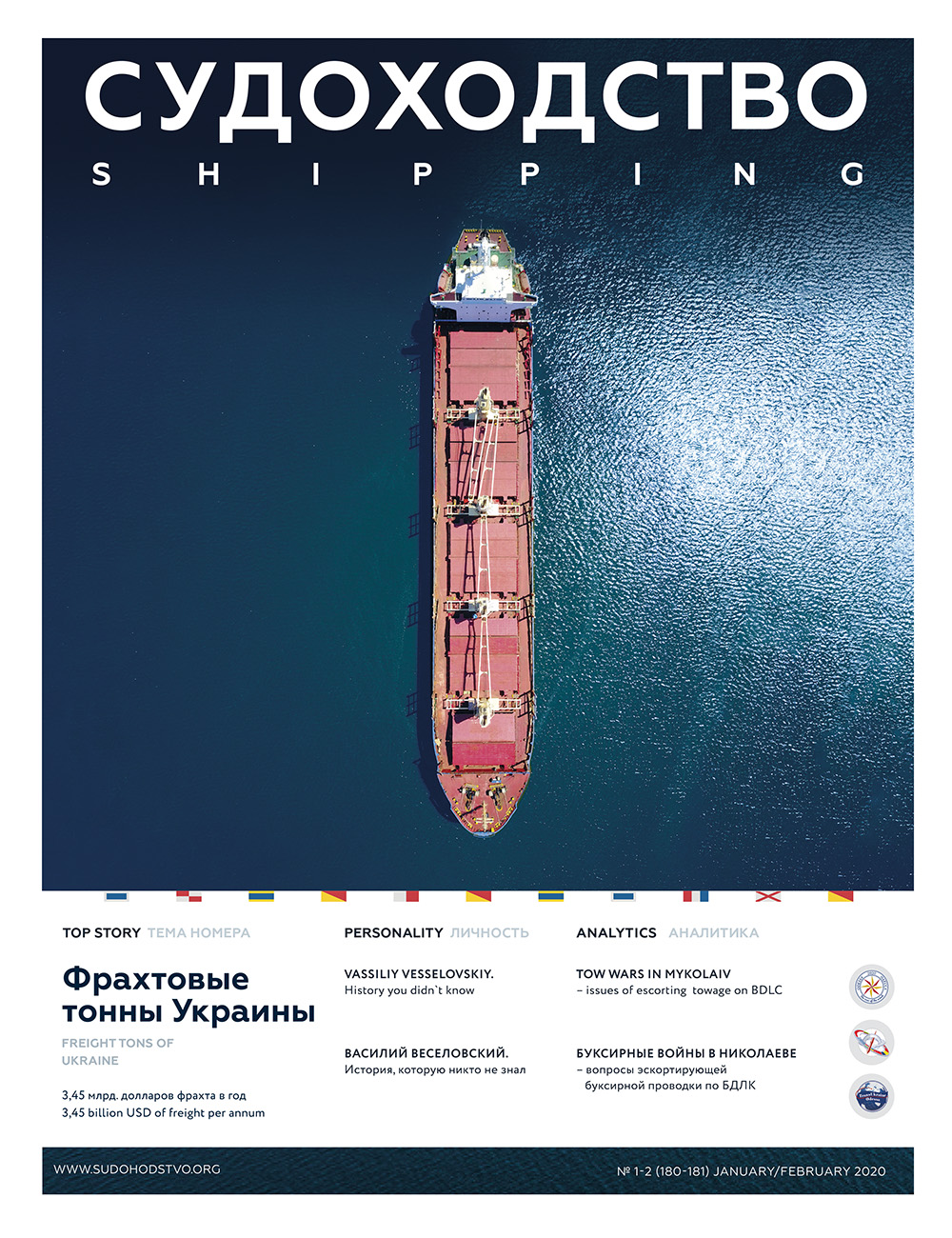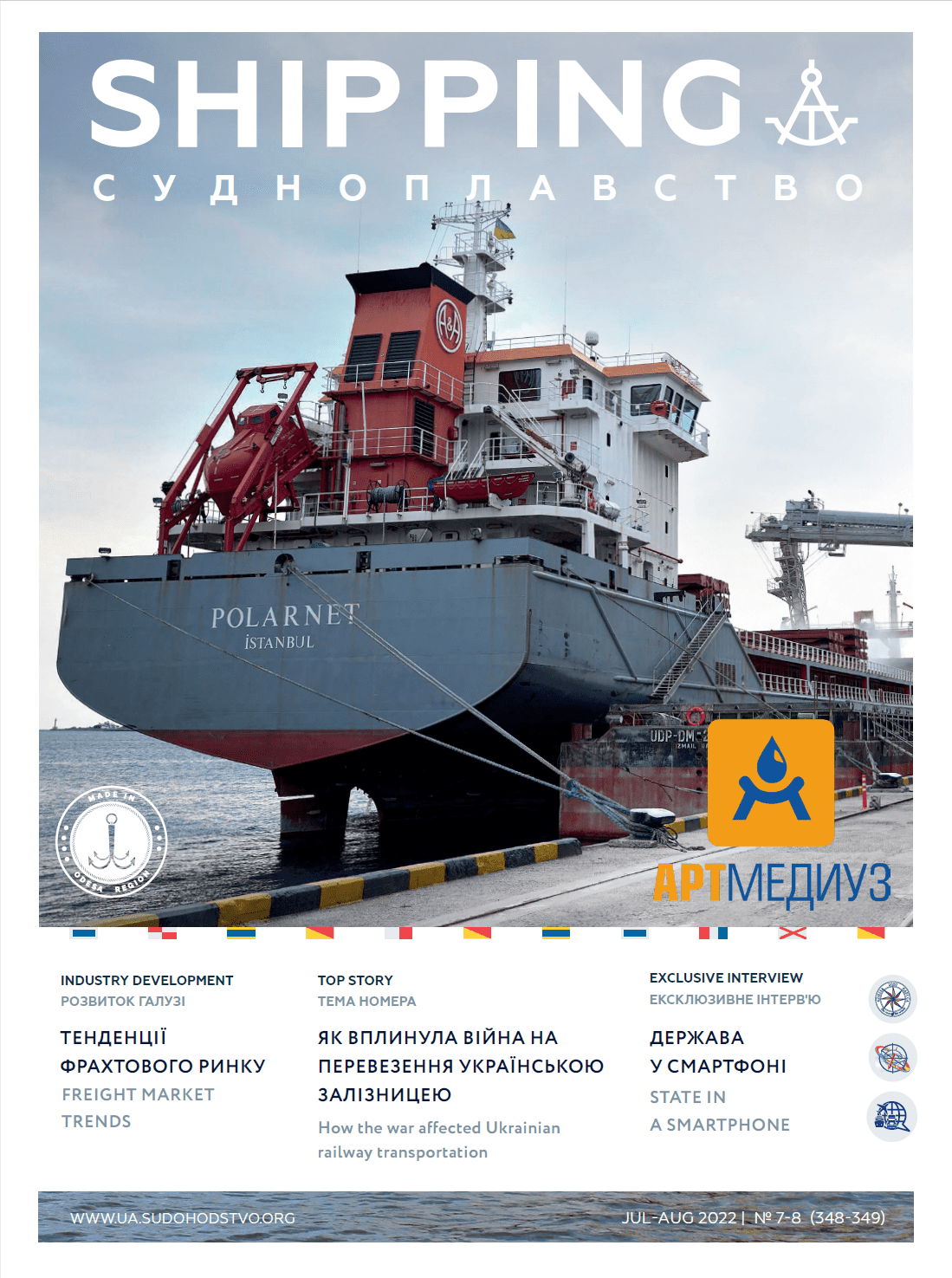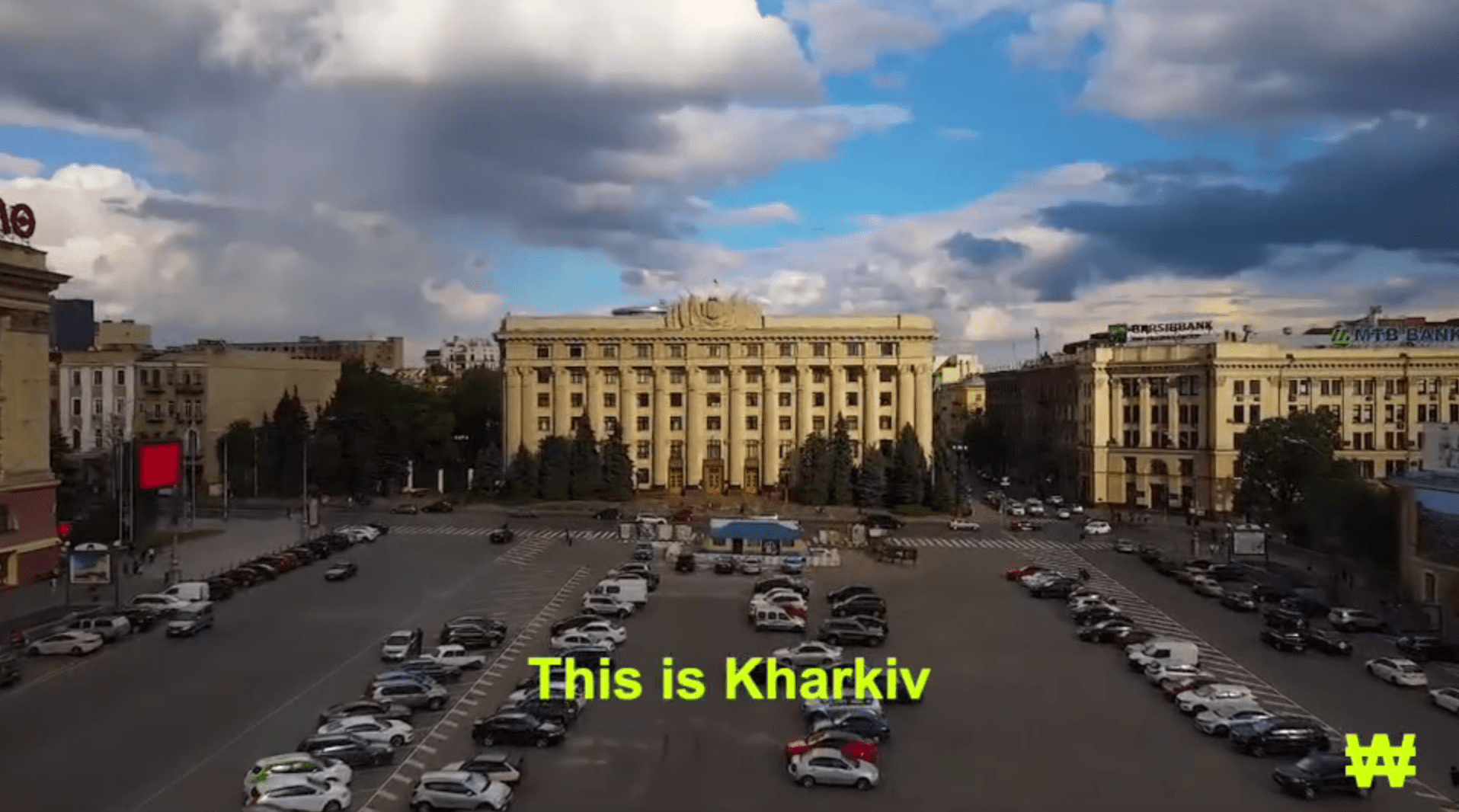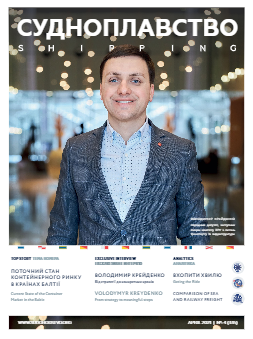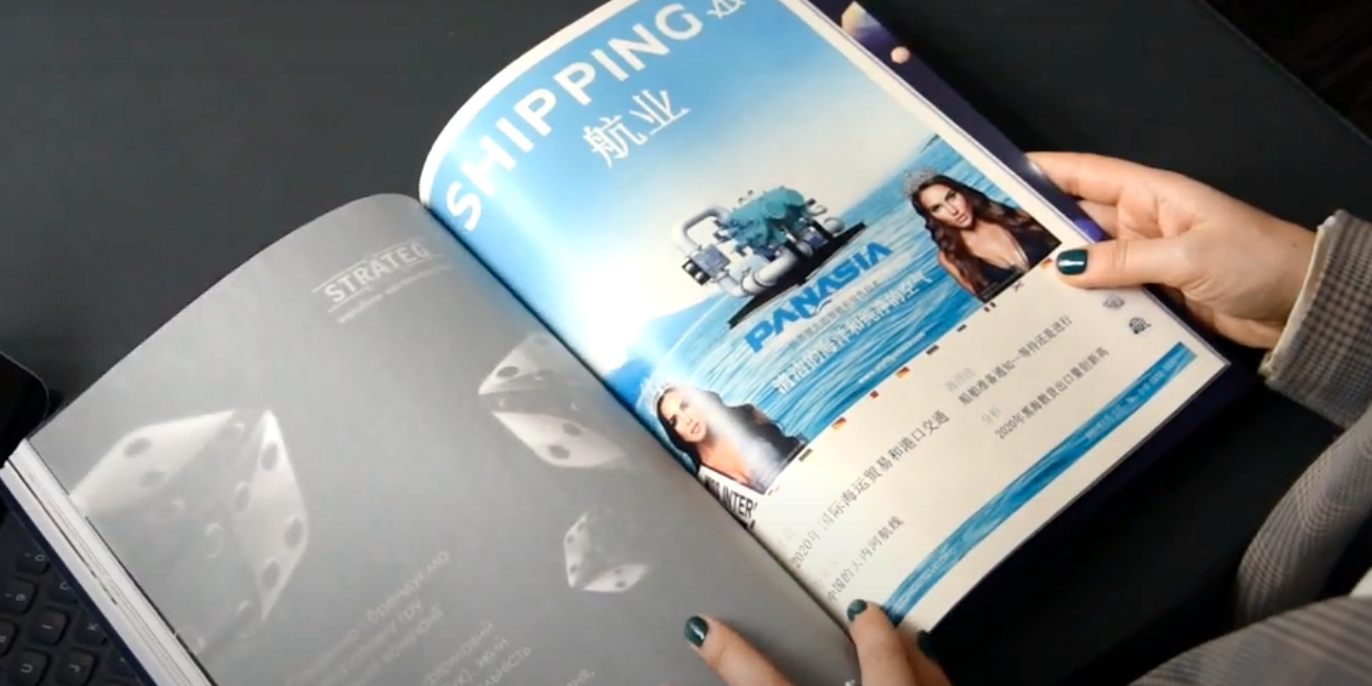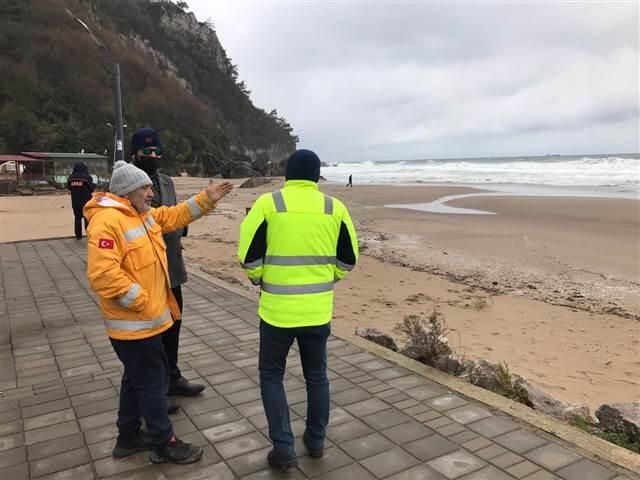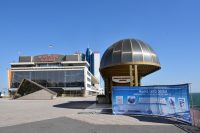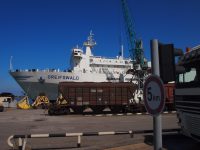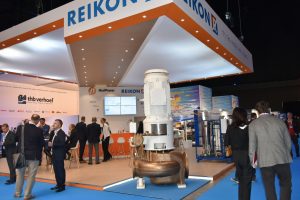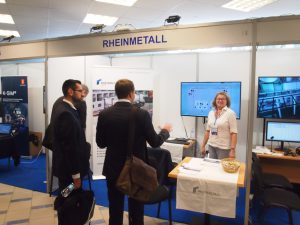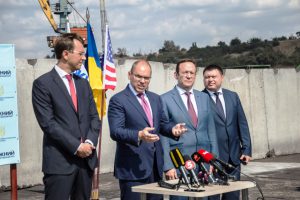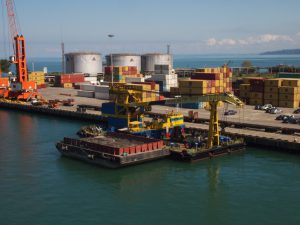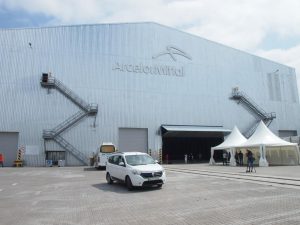In an interview, Oksana Kiktenko, Director of the SE «Bilhorod-Dniester Sea Trade Port», spoke about the process of privatization of the port, its problems and significance. She emphasizes that the previous management left the port in a critical state, and the new team is struggling with the difficulties of restoring the equipment and infrastructure for the future in the region and restoring the operation of the enterprise, its investment attractiveness.
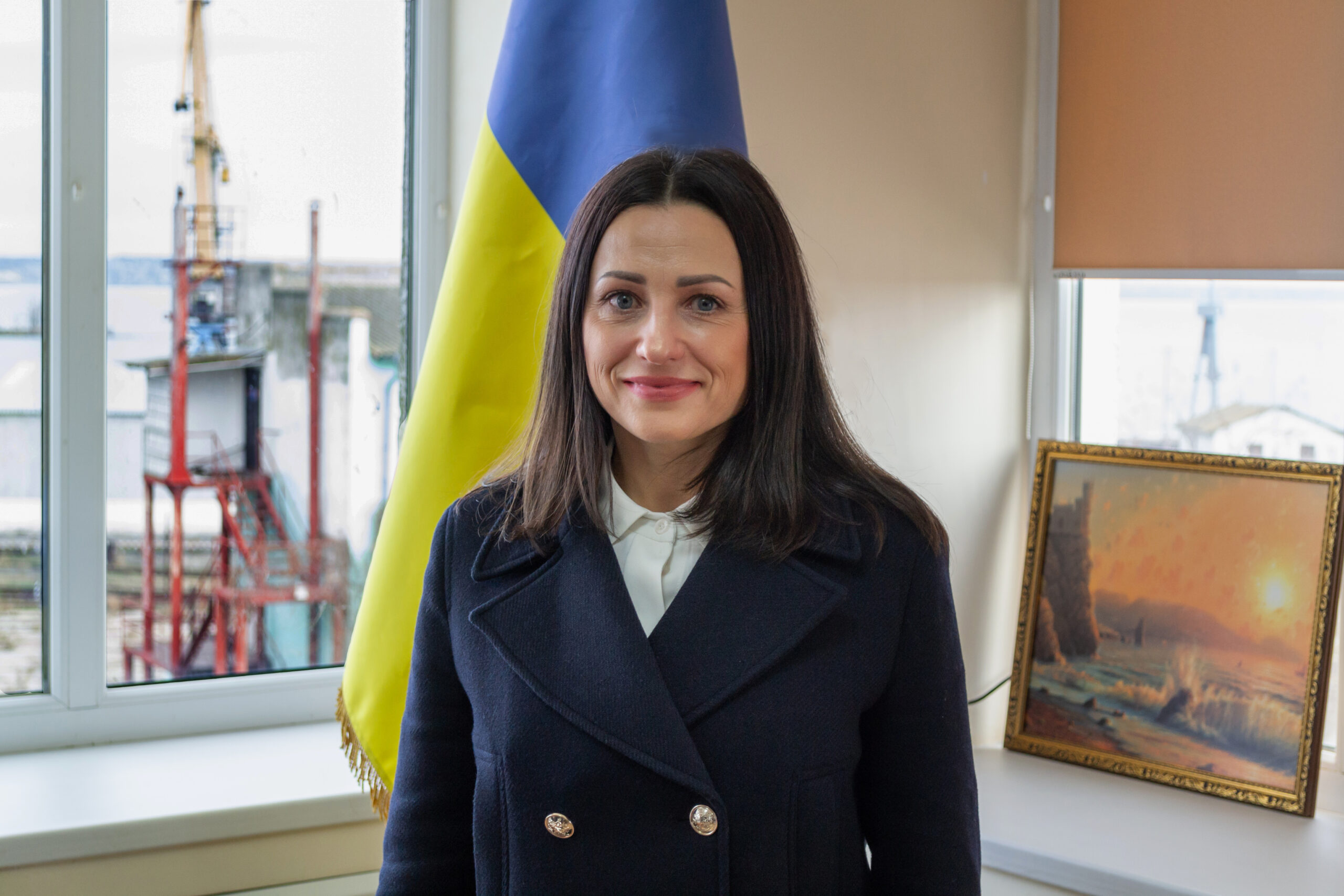
OKSANA KIKTENKO
Director of the State Enterprise “Belgorod-Dnestrovsky merchant sea port”
Tell us about the process of preparation for privatization and its significance for the Belgorod-Dniester Seaport?
The state emphasized that a single property complex would be privatized. However, when analyzing the documents related to the privatization process, it became obvious that such a single property complex does not actually exist. Instead, the company’s assets are a collection of separate buildings on the port grounds and outdated machinery, including gantry cranes, which have already failed.
In 2013, the port was divided between the AMPU and the state stevedore, with all communications, electricity and water supply, roads and the railway group becoming the property of the AMPU. However, the enterprise lacked the necessary facilities for full production cycles of port services.
In addition, payment for the use of roads and other communications, entry into the territory had to be made by AMPU branches, which had a negative impact on operational activity due to bureaucratic processes. The state enterprise should still remain commercial. This hybrid does not exist — a state-commercial enterprise, because it is unequal to the commercial and economic conditions of private individuals. A state-owned enterprise has many limitations. A lot of decisions cannot be made on your own, you need to constantly agree with management bodies, tender procedures, etc. These approvals last for months or even years, and business does not tolerate delays, many issues require prompt response. All this negatively affects its effectiveness.
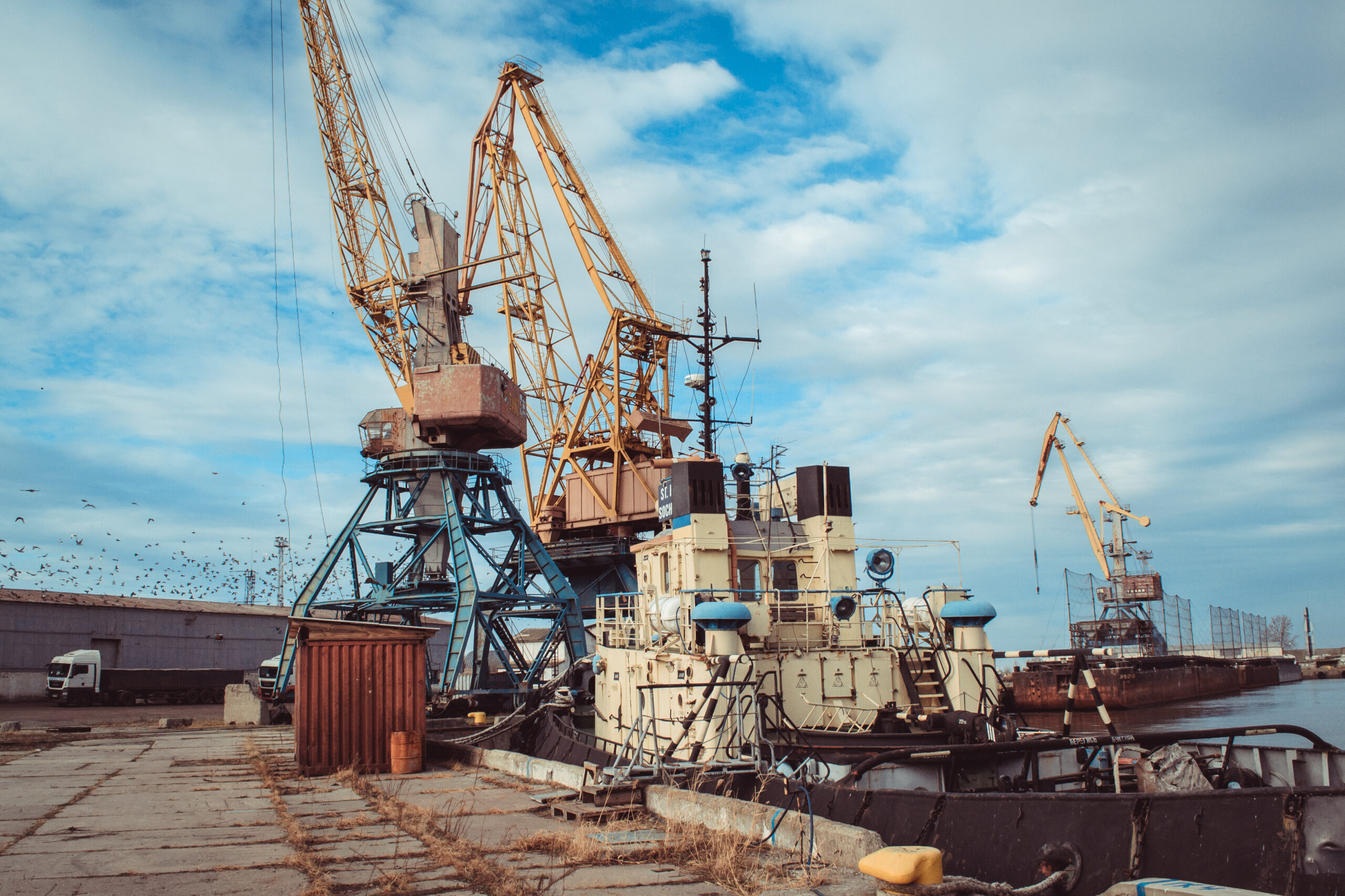
The concept of privatization of this particular enterprise is to create a single port operator on the territory of the port — stevedore «Bilhorod-Dniester Sea Trade Port». This operator will be responsible for all communications and port infrastructure facilities, creating a closed technological cycle of service production.
When we were able to prove that this would be attractive for investment and , in In the future , given the opportunity to establish an effective business, we spent half a year engaged in property transfer work. This is a unique project, because everything that AMPU usually owns — today most of such property is in the company. There is no need to conclude unnecessary contracts , go through additional negotiations . 8.5 km of the railway group is on the balance of the port in , four diesel locomotives. Wharves and 5 other buildings are owned by AMPU .
After the transfer of port management to the State Property Fund of Ukraine in 2021, the management was changed in two weeks. How was it under the previous leadership?
There were thefts of everything that can be scrapped: machinery and gantry cranes. The lights of the entire port were turned off. The building was not used for two years . Accounts were frozen , all property was seized, contracts were missing, almost all objects , both movable and immovable, were unusable. Port » worked » to remove property. There were no loads. Any instructions of the FSMU were not carried out. Management satisfied its own needs. This situation lasted for several months. In general, people did not receive wages for three years. It even got to the point that in 2020, a load of mineral fertilizers was stolen from the owner. We initiated a criminal case. In total, we initiated about 15 criminal cases. But investigative actions leave much to be desired…
At one time, this port processed 70% of the wood. It was even called a «wooden port» until a moratorium was imposed on the export of logs in 2015 . The port stopped and it was necessary to quickly redirect to other cargoes, but everyone hoped that the moratorium would be lifted.
At first, port workers were against privatization. The previous management assured everyone that privatization was impossible. However, I was able to convince the team by pointing to the examples of port operations, the laws and rights, especially the conditions for maintaining the profile for 5 years, which were established before the war , as well as the opportunities that could open up for this enterprise.
Today, I can confidently say that the employees of the Bilhorod-Dnistrovsky MTP are defending «their» privatization. There have been several external attempts to disrupt this process. We wrote collective appeals, in particular to the Prime Minister. The enterprise has many patriots of this port who have been working here for 40 years. They were shocked at how it had been looted and destroyed by past leaders.
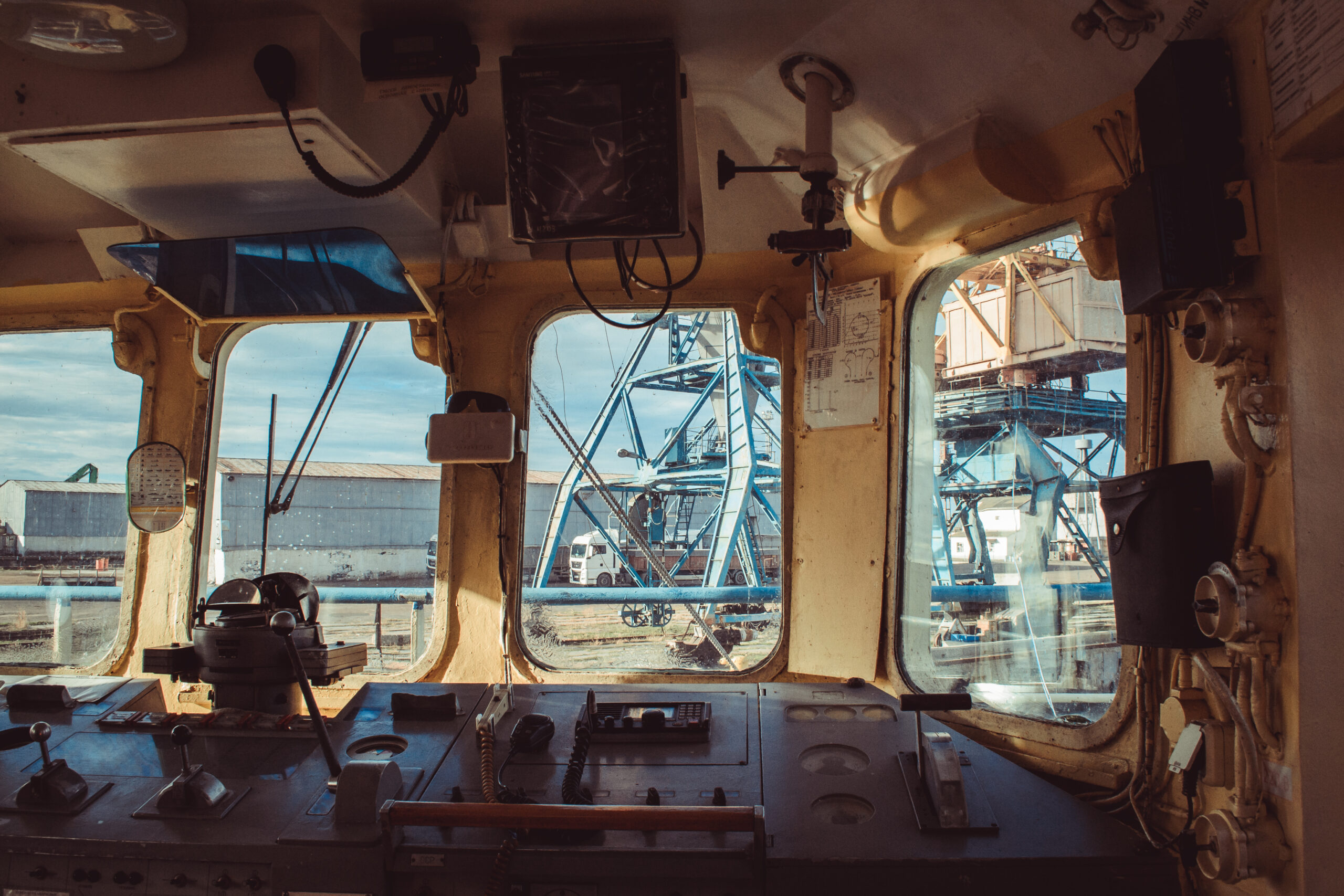
Why didn’t the workers go on strike?
They were afraid to express their opinion against the leadership. People just went to work and expected the best. But we explained : «This is your enterprise, you must defend it.»
During my first days of work as a manager, I found out out that no records were kept, there was no accounting either, all accounts were blocked, documents necessary for the operation of the enterprise were either outdated or absent at all. Contracting also proved to be a challenge due to the negative image. However, we were able to conclude our first contract for mineral fertilizers with a Kyiv company.
Despite the difficulties, we compete for the restoration of all equipment and for the return of vehicles that had been transferred and in 2019, the head of the BDMTP to the «Forward» company, which was founded by the former managers of the port , and it remained to return 11 units of equipment .
But we couldn’t start the ship, the port captain wouldn’t let it go. Then we realized that the ship went to the Black Sea port, by a strange coincidence to the company «Forward», which was founded by the previous managers, and rented the best equipment from the port — 26 units. We have been fighting for it, we have been suing for three years. It remains to return 11 units of equipment. Maintenance was not carried out properly , so they return almost scrap. Unfortunately, the court often does not side with state-owned enterprises.
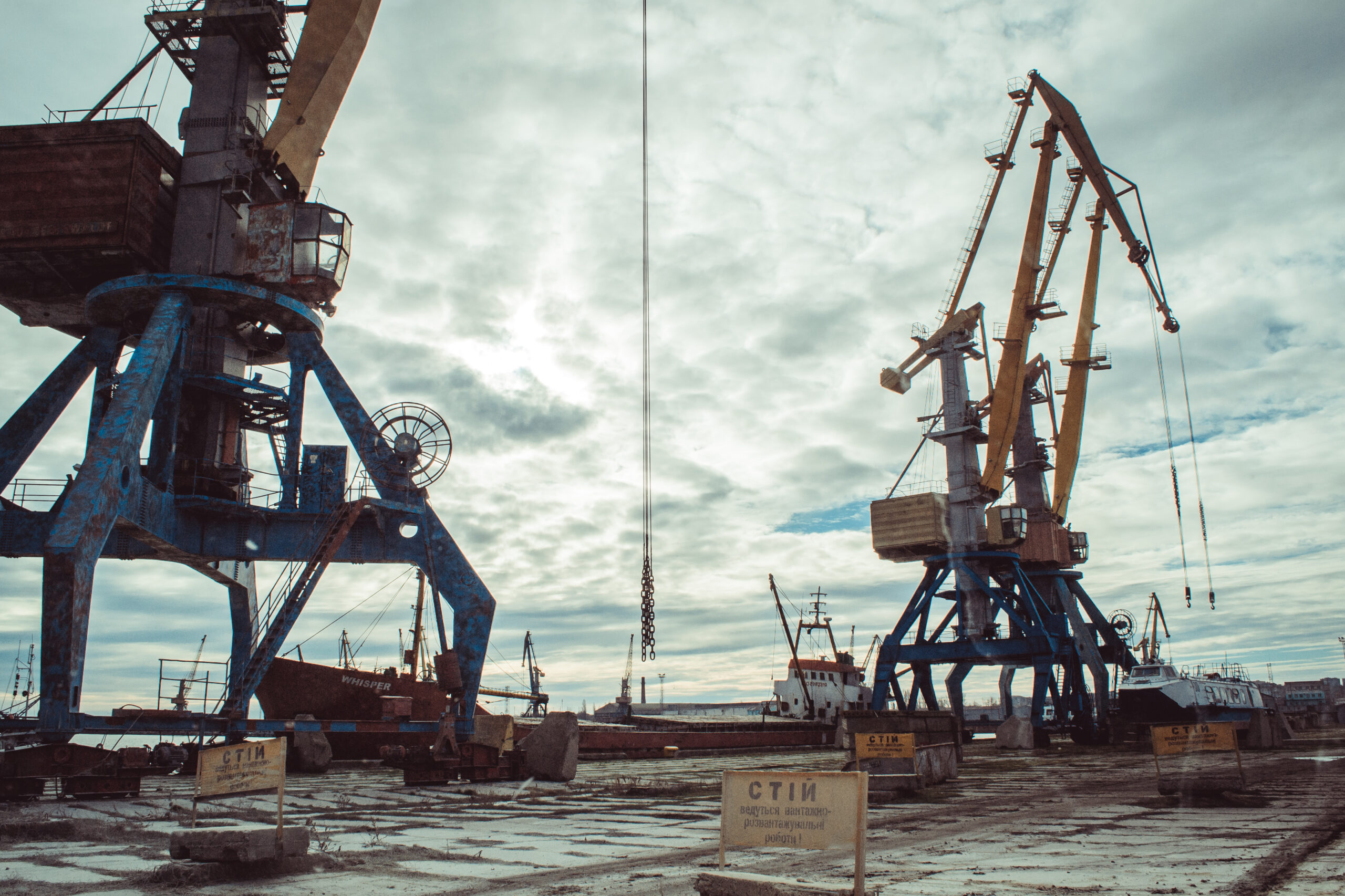
What cargoes are currently being processed? What contracts were concluded?
We are aware that the port is in a difficult situation. There are no funds for the repair of equipment. We started rebuilding it to find at least one contract. The gantry cranes were out of order, and the railway, which we took on balance, had not been maintained for a long time.
At the beginning of 2022, we have already completed all the necessary work, including compiling a package of documents and creating a new electronic technical passport for 460 objects. This process lasted 4 months. But here a full-scale war began, and we understood that the situation was becoming even more difficult. We don’t have contracts, people need to be paid wages. It is also not known when the privatization will take place.
It became obvious that only the ports on the Danube are active, we began to think about how we can take part in this process. We decided to use our warehouses, which had been inactive for a long time due to problems with roads and railways. Our goal is to survive. Thus, we decided to create a hub for accumulating cargo and sending it to the Danube. It was a bold experiment, as we are separated by 200 km of highway, but we gathered the team and said: «Let’s try.»
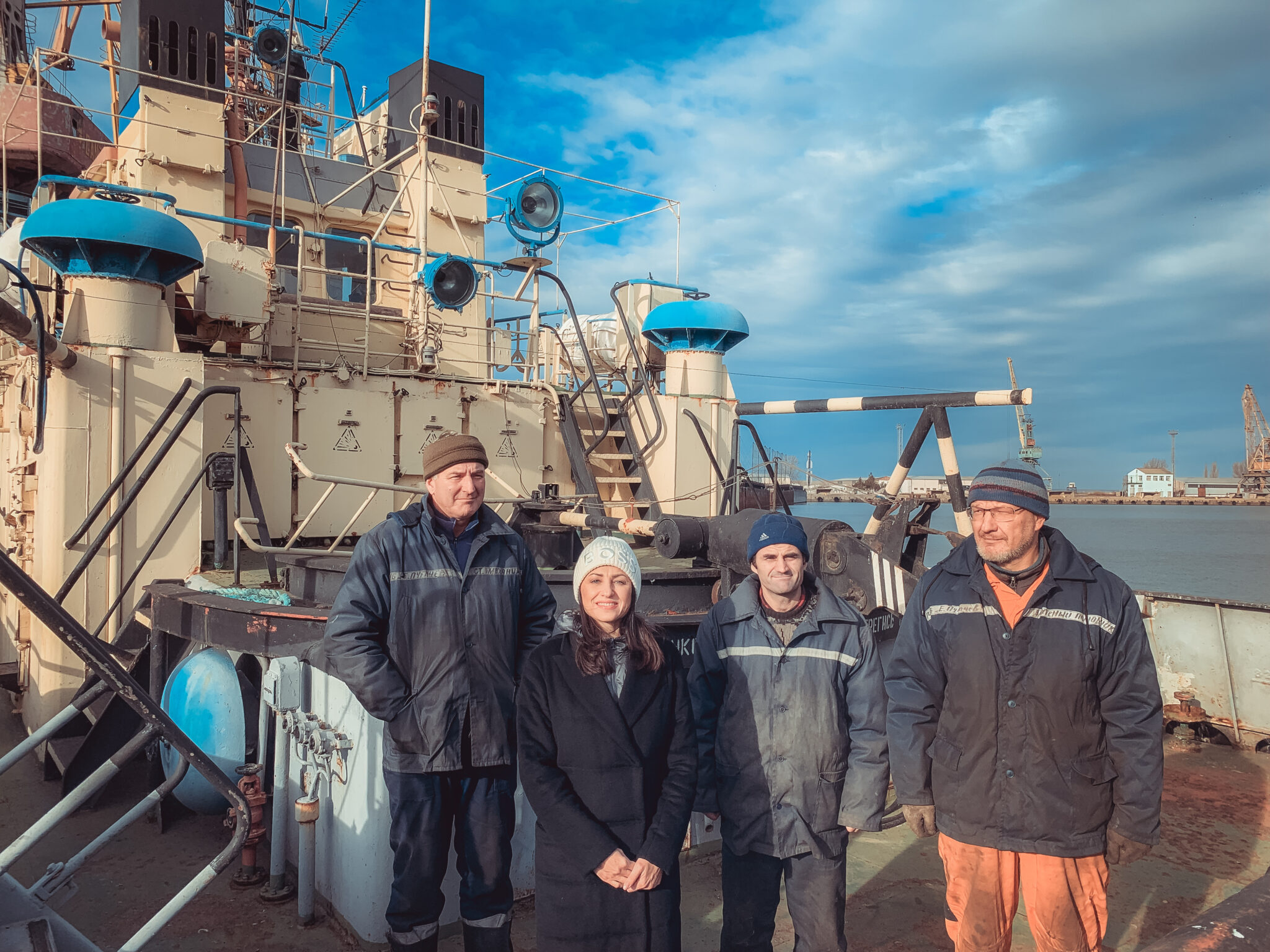
People went to work and began to restore the port. We renovated the first warehouse, brought the territory, which was all covered in trees and bushes, to order. They started looking for customers, made advertising. On May 8, the first cars came to us. We concluded the first contract for transshipment of soybeans — a batch of 5,000 tons.
The situation in the Danube ports with warehouses was becoming more difficult , and we received a contract for the processing of railway wagons. We are grateful to the management of «Ukrzaliznytsia» for the quick re-registration of the road in our name and its restoration. Processing of grain wagons began, during which time the gantry crane was repaired.
The next stage was an attack by Russian troops, which led to the destruction of an important infrastructure facility. Railway cars could not enter, but this became an incentive to increase the flow of vehicles to us. We started transshipping cargo from railway wagons and delivering various goods to Izmail: grain, iron ore katish, metal products, etc.
We even witnessed a traffic jam, when 350 cars drove by us at the same time. This has not happened for a long time. The infrastructure was destroyed by the previous leaders, but we have excellent specialists, true patriots of this enterprise. It is important to note that we managed to pay off a significant part of the salary arrears.
In January 2022, the debt amounted to 22 million hryvnias, and today it has decreased to 10 million hryvnias. We regularly pay wages every month. 30 million hryvnias were paid out in six months. It was incredibly difficult to implement, but we believe in the power of our enterprise. Implementation of investment agreements and contracts is currently impossible, because the port is preparing for privatization.
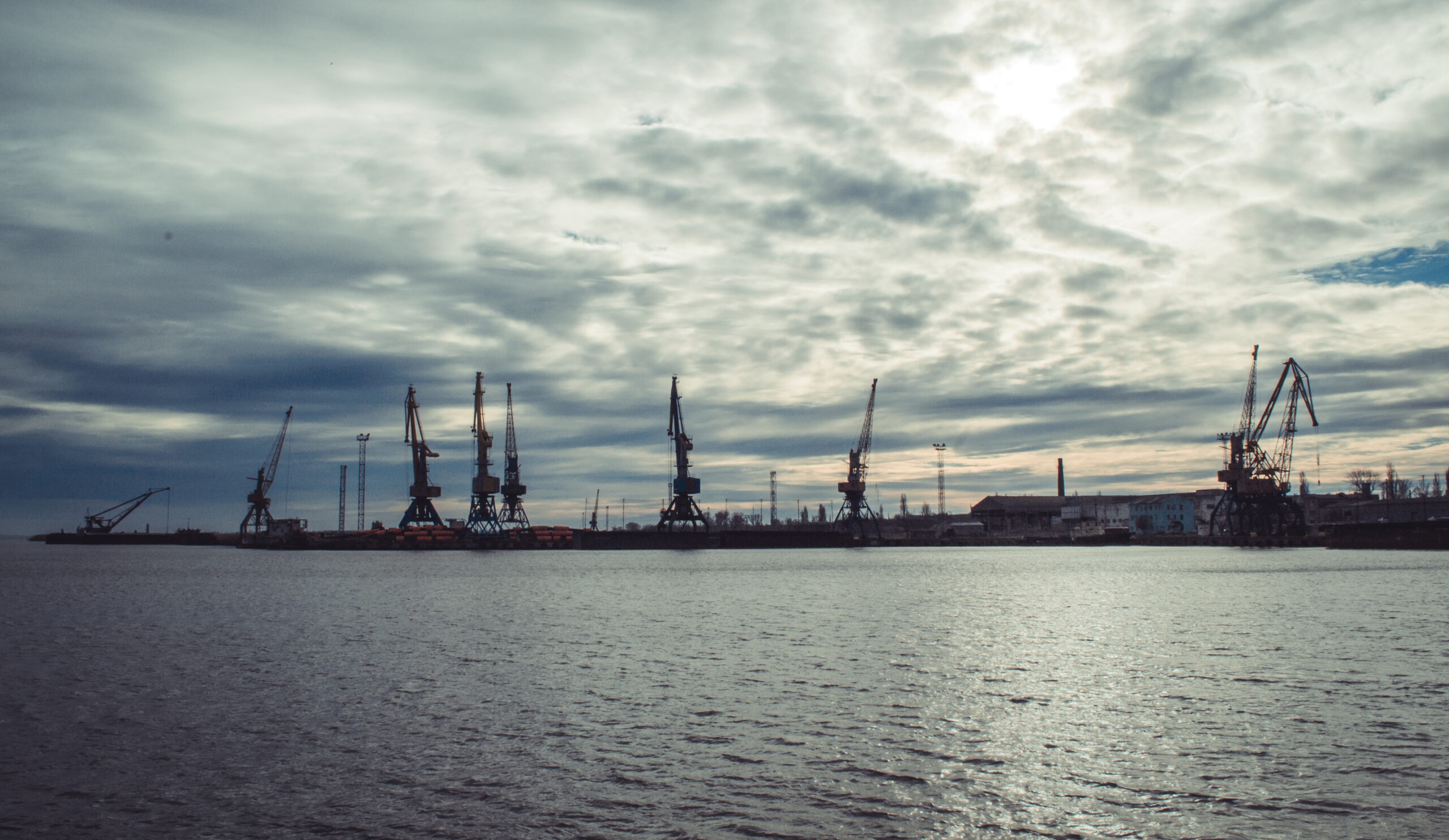
What happened at previous auctions?
Let’s look at the first auction that took place on 3rd of March in 2023. Unfortunately, there were no takers and this resulted in a 50% price drop. This is understandable, because everyone has a desire to save. In 10 days other auctions were organized, and the price increased step by step to UAH 220 million. Three participants competed for the port, and the winner was determined, which marks the success of our cooperation with the FDMU. But no one could predict the emergence of a third company, the existence of which no one knew. The participants who lost to the third company considered the port as an investment object for further work. After privatization, no calls came from the third company. They refused to purchase the port, losing UAH 17 million of the guarantee fee.
We are preparing for the next auction, participants are showing interest . We count on the emergence of new interested parties.
Today, we remain the only port in the Odesa region without a ship entry — this is a significant drawback of our enterprise. However, for more than a year we have been successfully engaged in transshipment of meal, which has become our regular client.
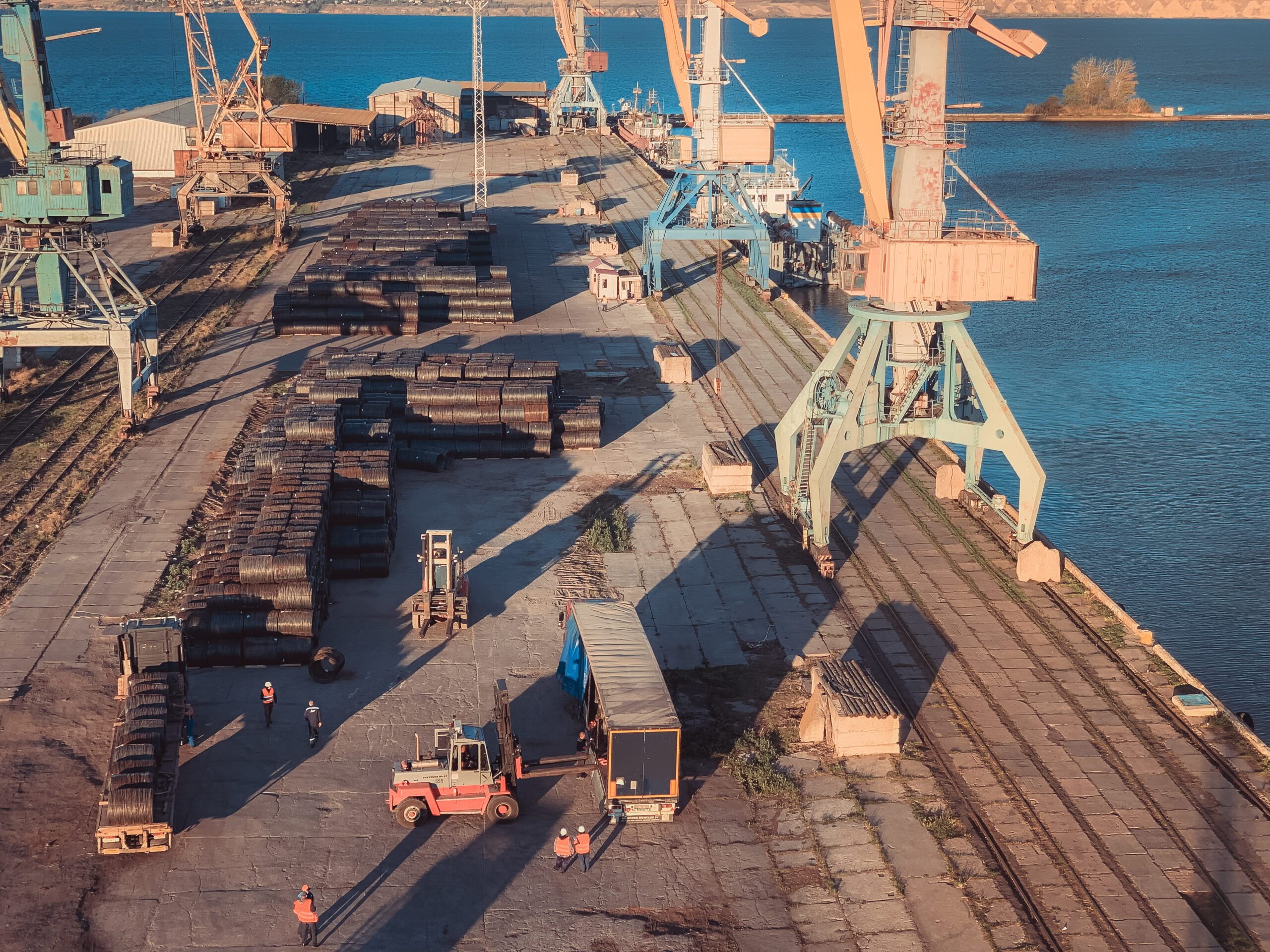
Was dredging done before the war?
The dredging work was started when we found a compromise option with the Ministry of Infrastructure, with the support of Yuri Yuriyovych Vaskov. A memorandum was concluded with «Novotech» and AMPU regarding the opening of the port for a certain type of cargo. However, delays in dredging caused the company that was supposed to sign the memorandum to change its plans and switch to other port operators. As a result, the channel remains with a depth of 2.6 meters. However, we have studied the technical characteristics of certain fleets, such as barge stock and small inland waterway vessels, that meet our needs. It is important to emphasize that these ships do not need to raise the bridge, and the raising of the bridge will be implemented only after the end of the war. Port point » Bugaz » (subdivision of SE «BDMTP») in the village of Zatoka needs reconstruction, since the warehouses and pier are out of service.
How much investment is required?
This issue requires a careful analysis of the circumstances, as the situation is complicated by the military context. The question of when the next auction will be held may be answered around the second half of January.
What will be the starting price of the next auction?
Approximately UAH 184 million, of which UAH 130 million are payable. Currently, the economic situation is such that in order to maintain the port, it is necessary to pay taxes every month and provide communications, such as electricity, etc. Salary expenses amount to about 2 million hryvnias, while revenues are only 1.5-2.0 million hryvnias, which allows to cover only salary costs.
Today, the port is only in the hands of its team in . Various government agencies create obstacles, including the intervention of the tax service, which debits all funds from the port’s accounts, including wages. This leads to workers not receiving wages, which is a violation of their labor rights. Litigation in favor of the IRS makes the situation worse, and even with laws protecting against such write-offs, the practice turns out to be different.
The tax office has its own laws. I contacted all the bodies that protect labor laws. If people do not go to work because they will not be paid, privatization will not happen. And the tax office will not receive its significant accounts payable. What is happening here now is solely the initiative of the labor team. It is solely their merit. No one helped them in this.
No one calculates the situation and consequences. We received an audit two weeks before privatization, which was hastily agreed a week before the end of 2022 . We considered this check to be illegal. We didn’t let her in.
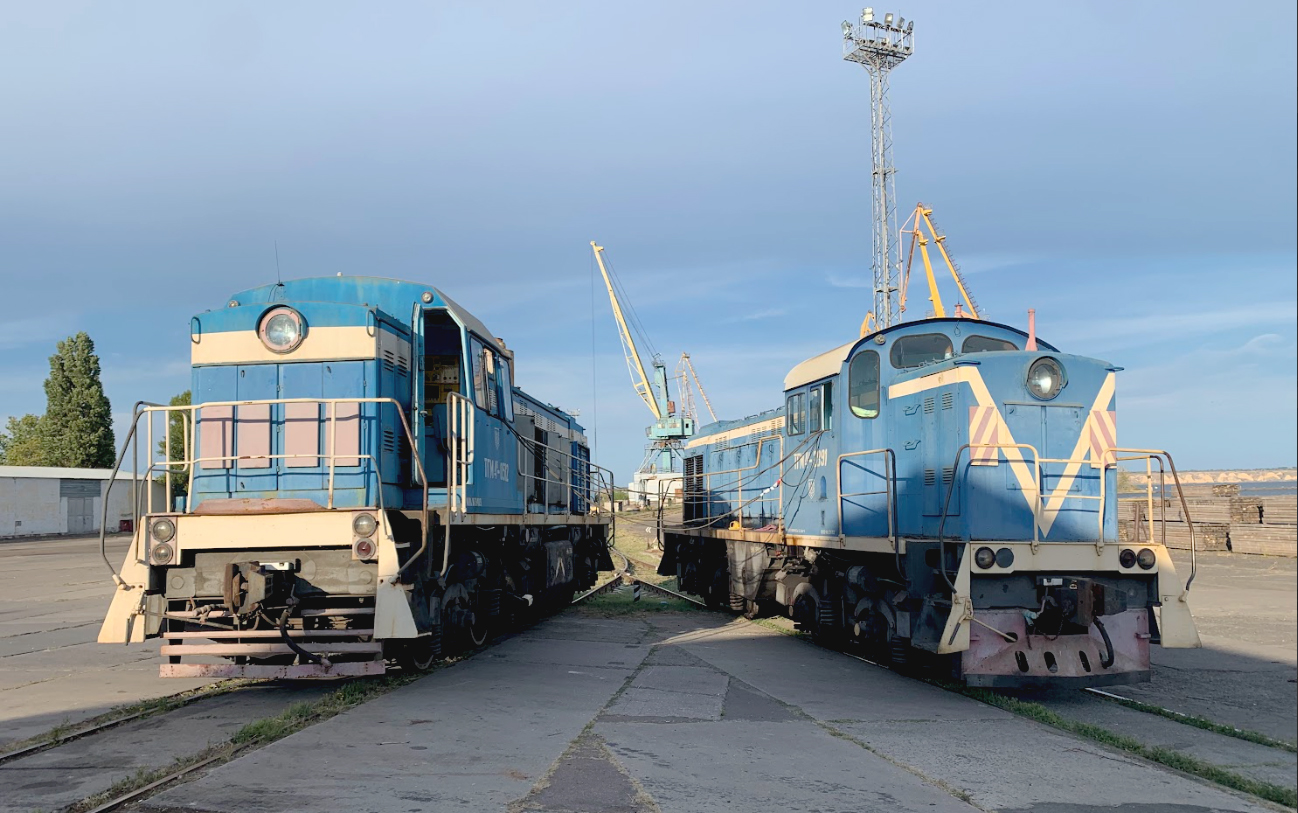
What will be the first steps of the new owner of the port?
At the beginning, he will need to purchase various types of new equipment to expand the processing of new types of cargo, since the existing equipment is not enough. However, the exact timing of the implementation of these changes is difficult to predict.
First of all, the investor will focus on deepening the channel. Negotiations are currently under way with AMPU to define a legal formula for the joint performance of this work to ensure the effectiveness of the process. It will also be important to repair the bridge, for which the state provides compensation programs.
Before the war, we were in Moldova for negotiations, both with representatives of business and with representatives of the authorities, who were interested in the restoration of this channel and cooperation with the Bilhorod-Dniester sea trade port. We talked about large volumes. Exports are grain, and imports are construction materials to our port on the Dniester River.
The interview was conducted by Tetiana Sivkova

